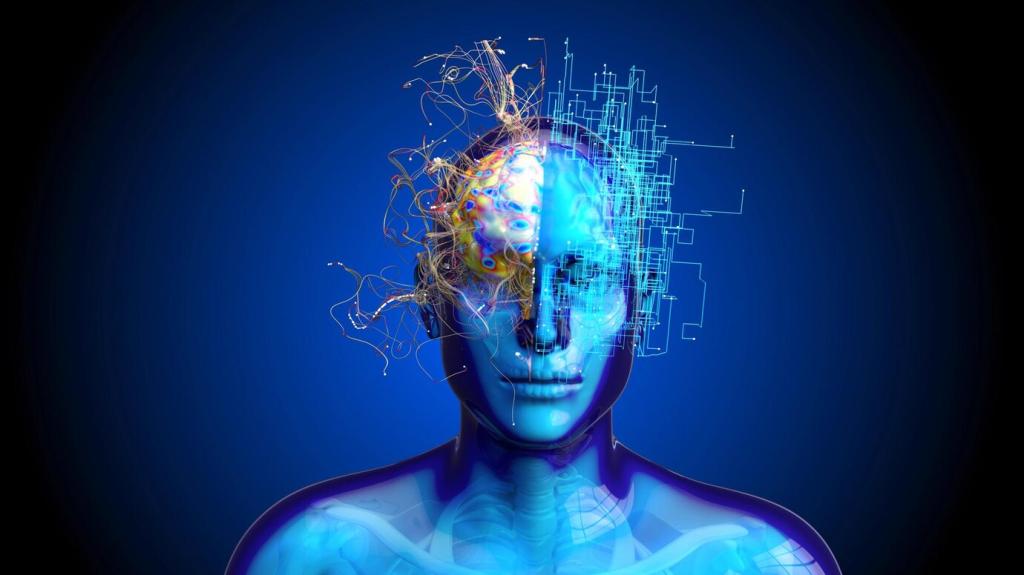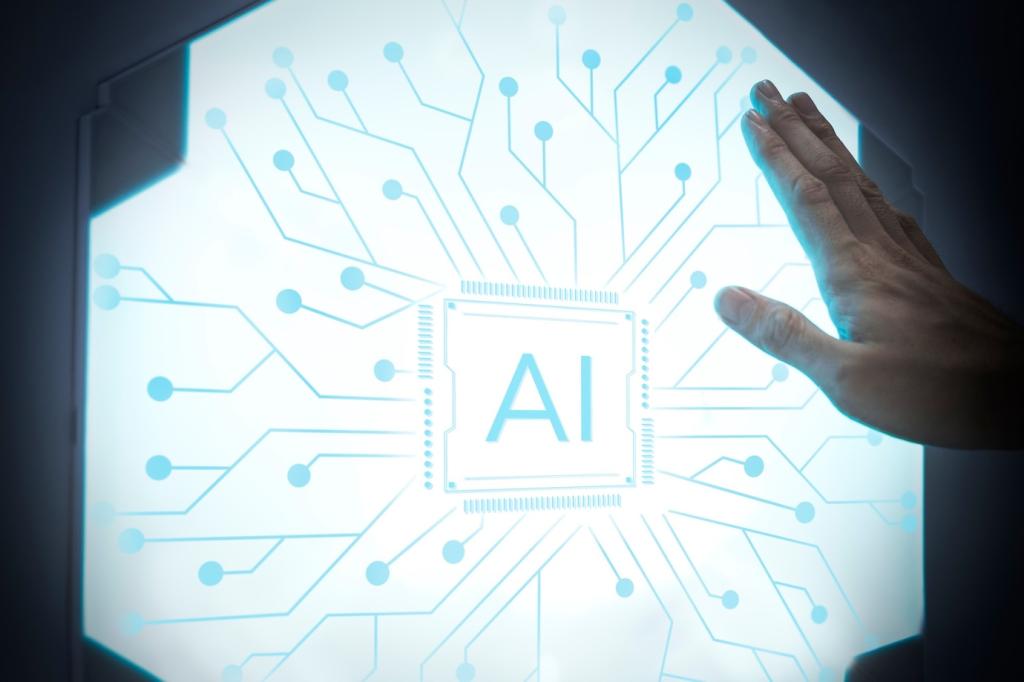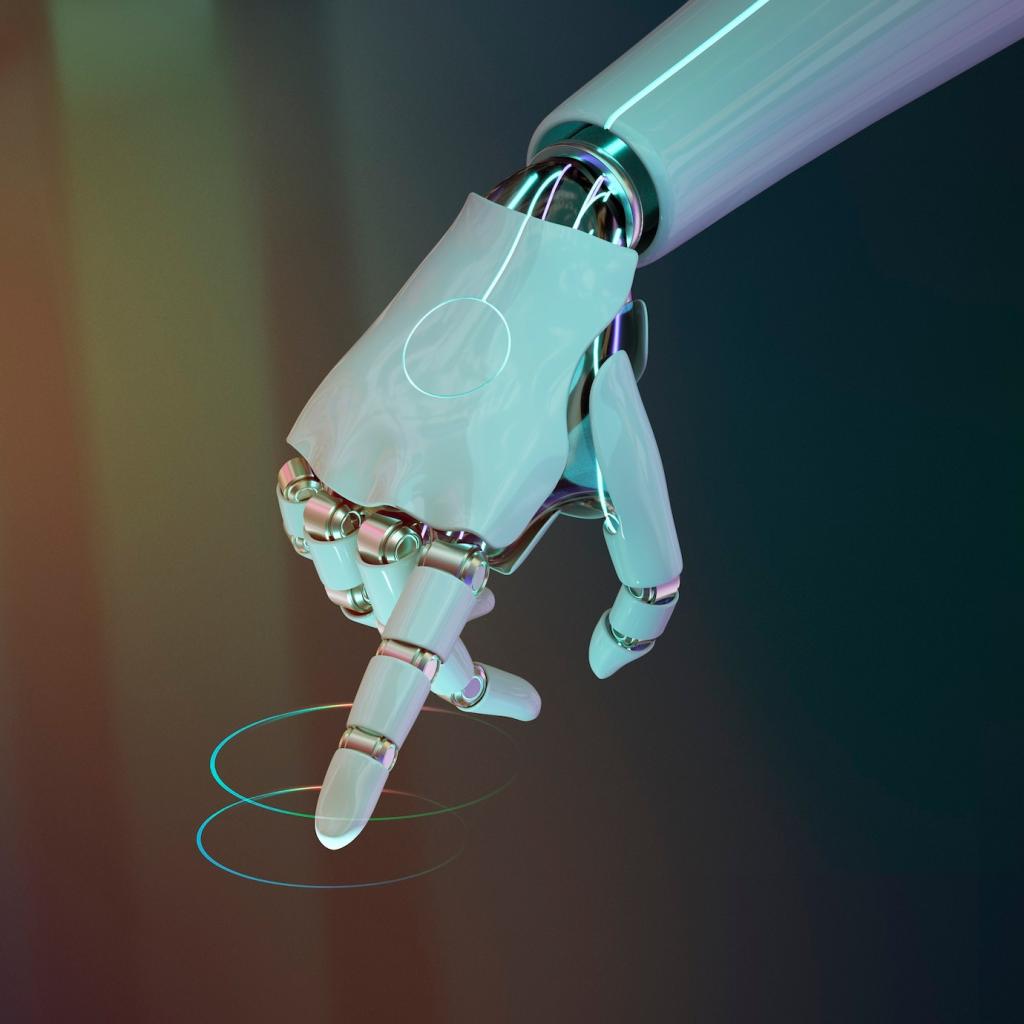How AI is Shaping the Future of Work and Education by 2025
As we approach 2025, artificial intelligence is fundamentally transforming both the workplace and educational environments. These changes are not merely incremental; they represent a paradigm shift in the way we learn, work, and interact with information. AI is automating repetitive tasks, enabling personalized learning experiences, and creating new kinds of jobs and educational pathways. As businesses and schools adopt AI-powered solutions, we are witnessing enhanced productivity, greater inclusivity, and new challenges regarding skills development and digital ethics. Understanding these transformations is essential for individuals, educators, and organizations aiming to thrive in the evolving landscape driven by intelligent technology.
Intelligent Automation and Productivity
AI-driven automation is significantly changing the landscape of work by taking over tasks that are repetitive, mundane, or prone to human error. This means that employees can now redirect their focus toward more strategic initiatives that require human creativity and critical thinking. For example, chatbots and virtual assistants are handling customer inquiries, while intelligent algorithms manage scheduling and routine data analysis. This shift is not only making organizations more efficient but also freeing up time for workers to engage in higher-value work, thereby increasing job satisfaction and organizational productivity. While automation brings about concerns of job displacement, it equally opens the door to new roles and opportunities that revolve around managing, interpreting, and enhancing AI systems within the workplace.
Collaboration Between Humans and Machines
The relationship between human employees and AI-powered machines is rapidly evolving into a collaborative partnership. Modern workplaces are leveraging AI tools to complement human skills, particularly in areas such as decision-making, innovation, and interpreting large datasets. Instead of replacing workers, AI is equipping teams with the insights and tools needed to make better decisions and develop creative solutions to complex problems. This symbiotic collaboration is fostering a work culture that prizes adaptability and technological fluency, encouraging employees to learn how to interact effectively with smart systems. Companies that foster this partnership not only drive better business outcomes but also create more dynamic and engaging work environments.
Personalized and Adaptive Learning in Education
Artificial intelligence is enabling educators to design customized learning pathways that cater to the unique strengths and challenges of each student. By analyzing performance data and learning patterns, AI-driven systems can recommend tailored activities, assignments, and resources that align with individual interests and aptitudes. This level of personalization helps students learn at their own pace, reinforcing fundamental concepts or challenging them with advanced material as needed. As a result, learners are more engaged and motivated, and teachers are empowered to provide more effective, differentiated instruction. The widespread integration of AI in curriculum development is setting a new standard for inclusivity and educational outcomes.
Previous
Next

Bridging the Digital Divide
As AI becomes woven into every aspect of work and education, there is a critical need to address the digital divide that exists between different regions and socioeconomic groups. AI-powered platforms can provide remote learning and remote working capabilities, connecting individuals in rural or underserved urban areas with opportunities and resources that were once out of reach. Governments and organizations are increasingly investing in infrastructure, such as high-speed internet and affordable devices, to ensure that everyone can access these benefits. The challenge lies in ensuring equitable distribution and the necessary digital literacy training so that all users can fully leverage AI technology for education and employment.

Expanding Opportunities for Diverse Learners
AI is making it possible to tailor educational content and career guidance to accommodate a wide spectrum of learning styles, abilities, and backgrounds. For students with disabilities, AI-powered tools offer adaptive technologies that can help overcome traditional barriers to learning, such as real-time transcription or customized communication interfaces. Similarly, AI-driven career planning platforms can help individuals from diverse backgrounds identify pathways suited to their unique interests, talents, and circumstances. As more organizations embrace these innovations, the result is a more inclusive educational and professional landscape where diverse talents can flourish and contribute to society.

Addressing Ethical and Privacy Concerns
As AI systems are increasingly deployed in sensitive areas such as education and workplace management, there is growing attention to ethical issues and data privacy. Ensuring that AI technologies are transparent, fair, and free from bias is essential to maintaining trust and equity. Educational and corporate leaders must implement clear policies around data collection, consent, and AI-driven decision-making to protect individuals’ rights. Ongoing collaboration among technologists, policymakers, and communities is crucial for setting ethical standards and finding solutions to emerging challenges. By proactively addressing these concerns, society can harness the benefits of AI while minimizing risks and ensuring that technological progress serves the greater good.
